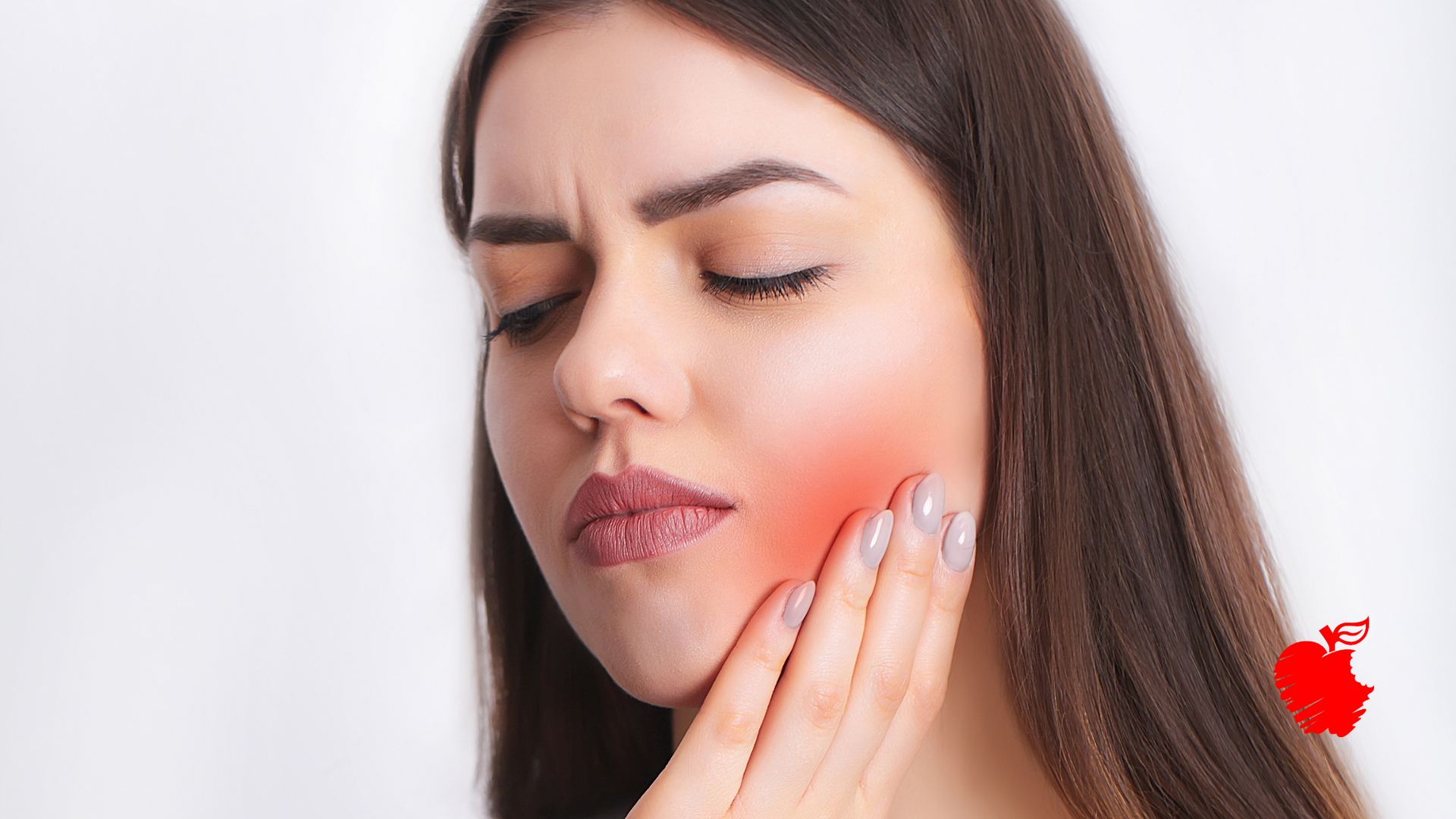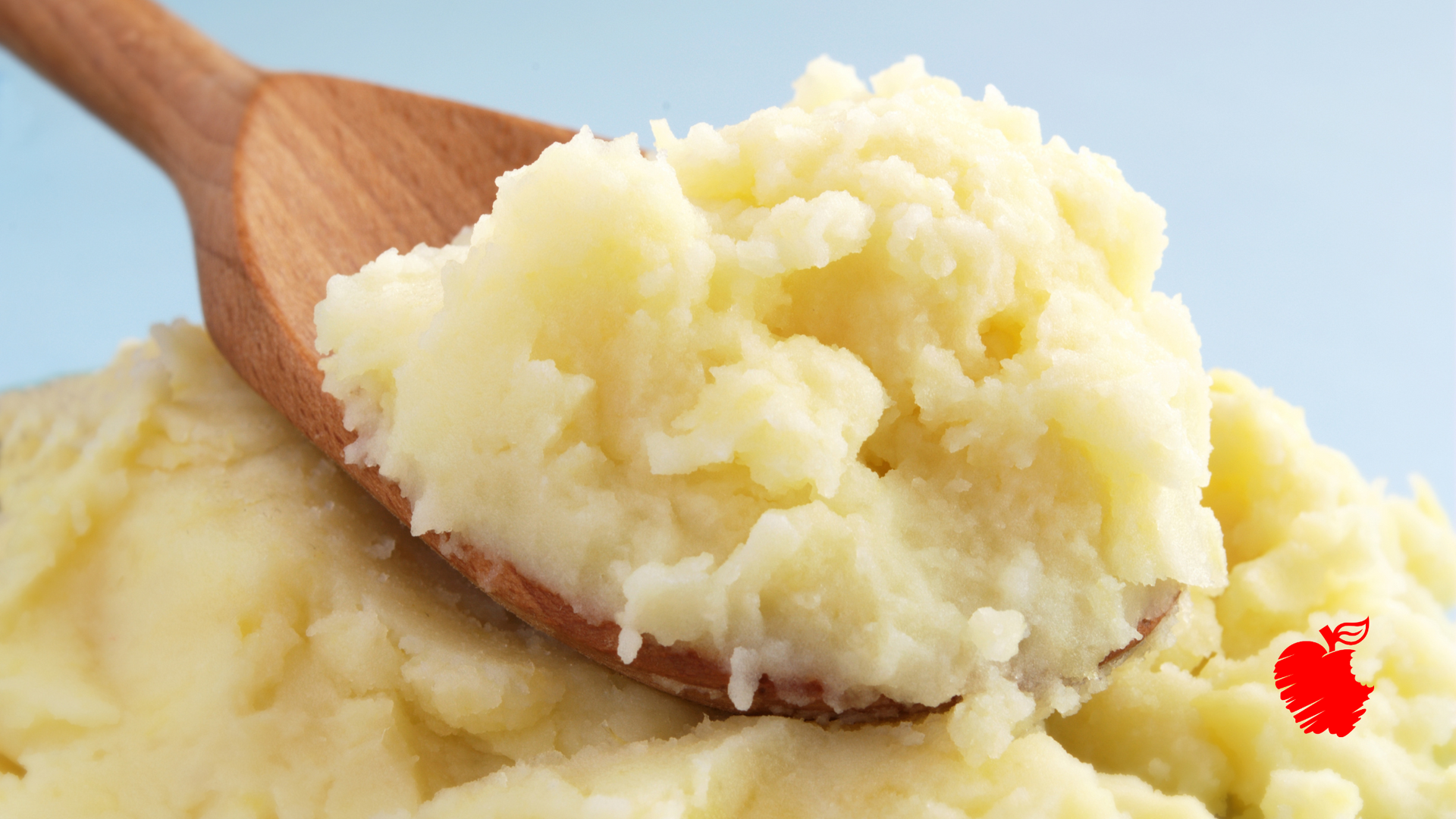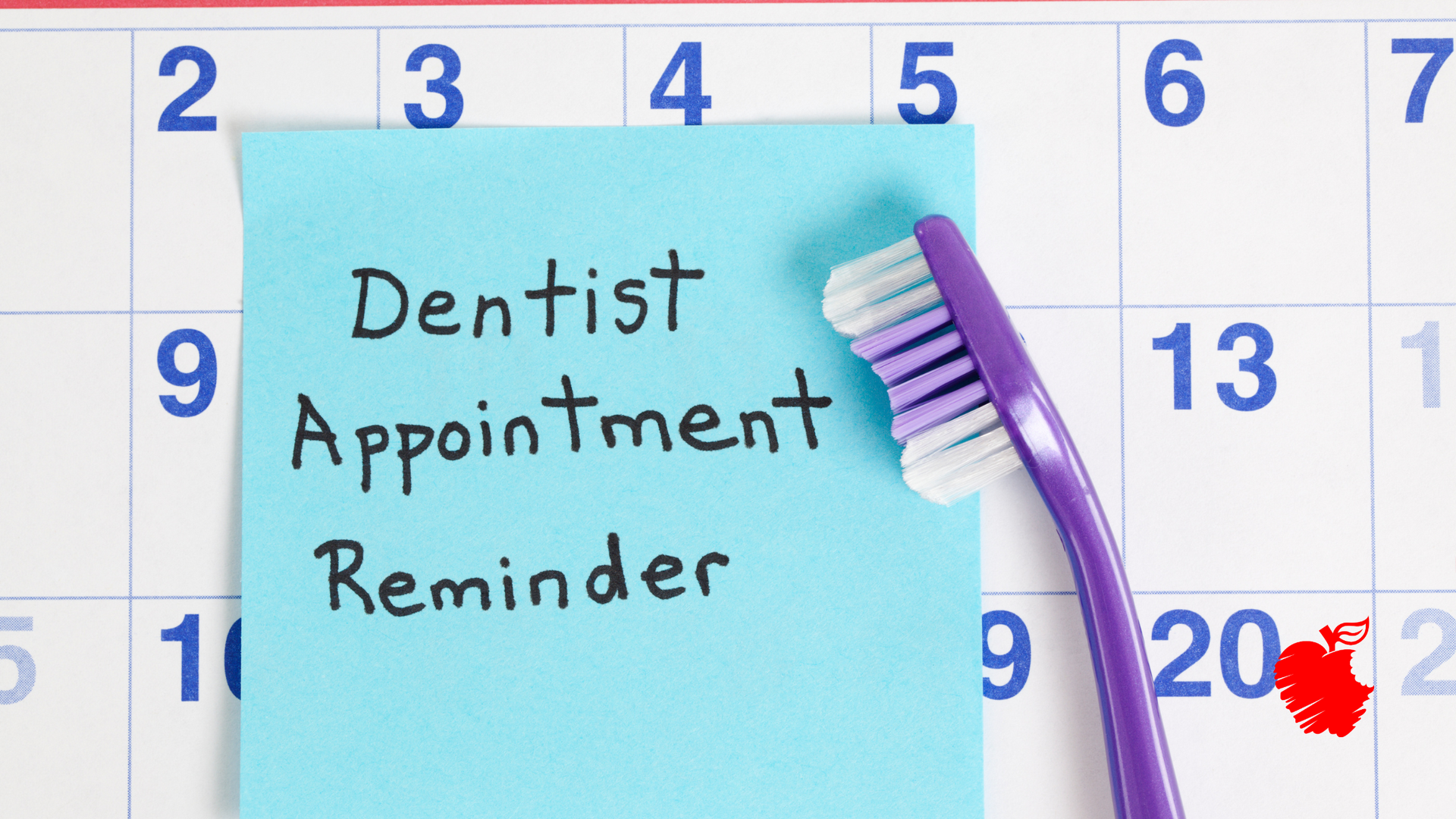Post-Tooth Extraction Tips and Tricks: Ensuring a Smooth Recovery

Source: Dr. Marketing
Undergoing a tooth extraction is often a necessary step toward better oral health. Whether it is to remove a damaged tooth, prepare for orthodontic treatment, or alleviate overcrowding, the procedure sets the stage for a healthier smile. However, proper aftercare is critical to ensure a smooth recovery and prevent complications.
During the festive season, the abundance of indulgent treats and busy social schedules can make recovery a little challenging. The good news is that with mindful choices and a commitment to aftercare, you can enjoy the celebrations without compromising your healing. At Total Dental Care of South Carolina in Columbia, South Carolina, we guide our patients through post-extraction care to ensure they recover comfortably while protecting their smiles.
Why Aftercare Is Crucial

A tooth extraction leaves behind an empty socket, which needs time to heal properly. The clot that forms in the socket protects the underlying bone and nerves, preventing complications such as dry socket—a painful condition caused by the displacement of the blood clot.
The healing process varies from person to person, but most patients can resume normal activities within a few days with the proper aftercare. However, recovery can be disrupted by eating certain foods, improper hygiene, or overexertion.
What Happens If Aftercare Is Neglected?
- Dry Socket: This painful condition delays healing and exposes the underlying bone.
- Infection: Bacteria can enter the socket, leading to swelling, pain, and additional treatments.
- Extended Recovery Time: Poor care can prolong healing, keeping you from fully enjoying the season.
By following the right steps, you can avoid these complications and keep your recovery on track.
Foods to Enjoy and Avoid During Recovery

Eating the right foods is an essential part of the healing process after a tooth extraction. Certain foods can irritate the extraction site or dislodge the blood clot, while others provide essential nutrients to aid recovery.
Foods to Avoid
- Crunchy or Hard Foods: Chips, nuts, popcorn, and raw vegetables can irritate the extraction site or dislodge the clot.
- Sticky Treats: Caramels, toffees, and other sticky foods can pull on the clot and increase the risk of dry socket.
- Sugary Foods: Excessive sugar can promote bacterial growth, increasing the risk of infection.
- Hot or Spicy Foods: These can irritate the healing tissue, causing discomfort or prolonging the healing process.
Foods to Enjoy
- Soft Proteins: Mashed beans, scrambled eggs, and soft fish provide essential nutrients without straining the healing site.
- Pureed or Mashed Vegetables: Mashed potatoes, cooked carrots, and squash are festive and gentle on your mouth.
- Soups and Broths: Warm (not hot) soups are comforting and hydrating options during recovery.
- Soft Dairy Products: Yogurt, pudding, and cottage cheese are nutrient-rich and easy to eat.
- Smoothies: Packed with fruits and greens, smoothies are a great way to enjoy something sweet while staying safe.
Tips For Protecting Your Healing Site

While enjoying festive foods, keeping your extraction site safe should remain a priority. Here are some essential tips to help you recover quickly and effectively:
Avoid Using Straws
Using a straw creates suction that can dislodge the clot, leading to dry socket. Drink directly from a glass or use a spoon for liquids.
Chew on the Opposite Side
Chewing near the extraction site can irritate the area or disrupt the clot. Stick to soft foods and chew on the opposite side of your mouth until the area has healed.
Maintain Good Oral Hygiene
Keeping your mouth clean prevents infection, but it is important to be gentle near the extraction site. Brush carefully, avoiding the extraction area and rinse with a saltwater solution (1/2 teaspoon of salt in a glass of warm water) to keep the area clean.
Take It Slow with Festive Drinks
Carbonated beverages can irritate the extraction site, slowing the healing process. Instead stick to water, herbal teas, or milk.
Follow Your Dentist’s Instructions
Every extraction is unique, and your dentist’s specific instructions should be your primary guide. At Total Dental Care of South Carolina, we provide detailed aftercare guidance tailored to your needs, ensuring you are equipped for a smooth recovery.
Common Mistakes to Avoid

Recovering from a tooth extraction is manageable, but certain missteps can slow down your progress or lead to complications. Here are the most common mistakes and how to avoid them:
Eating Too Soon
Attempting to eat solid foods before your mouth has sufficiently healed can irritate the site or disrupt the clot. Stick to liquids and very soft foods for the first 24-48 hours, gradually introducing more variety as you heal.
Skipping Meals
Not eating enough during recovery can leave you feeling weak and slow down the healing process. Focus on nutrient-rich, soft foods that provide the energy and vitamins your body needs to heal.
Overexertion
Resuming strenuous activities too soon can dislodge the clot and prolong recovery. Take it easy for the first few days and avoid heavy lifting or intense exercise.
Neglecting Follow-Up Care
Missing follow-up appointments can prevent your dentist from catching potential issues early. Attend all scheduled visits to monitor your progress and address any concerns.
Tips For Staying Comfortable During Recovery

Minimizing discomfort and promoting healing after a tooth extraction is all about following simple yet effective strategies. Applying a cold compress to the outside of your cheek during the first 24 hours can significantly reduce swelling and help manage pain. Use the compress for short intervals, about 15 minutes at a time, to soothe the affected area and provide relief.
Pain management is another key aspect of staying comfortable. Be sure to follow your dentist’s instructions regarding prescribed medications, whether they include over-the-counter pain relievers or antibiotics to prevent infection. Taking these medications as directed ensures you are addressing discomfort while also safeguarding the healing process.
Equally important is giving your body the rest it needs to recover. Strenuous activities or heavy lifting can interfere with the healing process and potentially cause complications. Taking time to relax and prioritize rest helps your body focus on repairing the extraction site, setting the stage for a smooth recovery.
By incorporating these practices into your recovery routine, you can reduce pain, promote healing, and ensure a more comfortable post-extraction experience.
Our Role in Your Recovery

Professional care plays a crucial role in ensuring your tooth extraction heals properly. At Total Dental Care of South Carolina, we are here to guide you through the process with expert care and personalized advice.
How We Help
- Detailed Aftercare Instructions: We provide clear guidance on how to care for your extraction site, including hygiene tips and dietary recommendations.
- Monitoring Your Progress: Follow-up appointments allow us to ensure the site is healing well and free of infection.
- Managing Complications: If you experience discomfort, swelling, or signs of dry socket, our team is ready to provide prompt treatment.
- Personalized Support: Every patient’s recovery is unique. We tailor our advice to your specific needs, helping you feel confident throughout the healing process.
Setting the Stage for Long-Term Oral Health

While the immediate goal is to recover from your tooth extraction, this period is also an opportunity to prioritize your overall oral health. Once healed, maintaining regular dental visits, practicing good hygiene, and addressing any other dental concerns will ensure your smile remains healthy and strong.
If you have recently had a tooth extraction, contact Total Dental Care of South Carolina in Columbia, South Carolina, to schedule your follow-up appointment. We are here to support your recovery and guide you toward achieving your oral health goals.
With proper care and guidance, you can heal comfortably and return to enjoying life with confidence. Your smile deserves the best—let us help you protect it.



